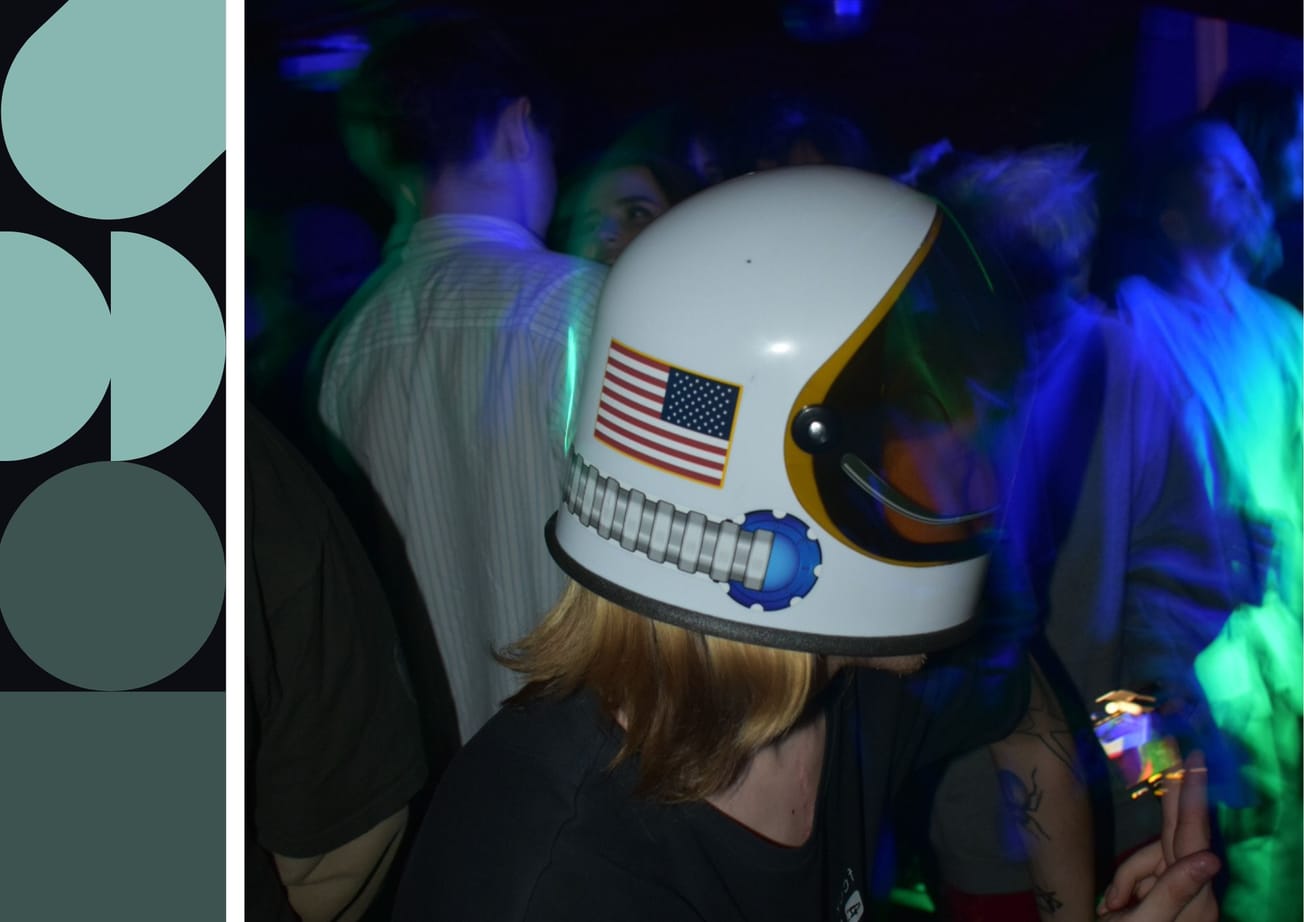By Joe Gorecki, Deputy Music Editor
Charles Hazlewood and his orchestras brought enough symphonic-electronic intensity to raise the roof of the Marble Factory writes Deputy Music Editor, Joe Gorecki
The Marble Factory hasn’t played host to many orchestras in its time as a gig venue but it provided atmospheric surroundings for Kraftwerk re:werk, a show presented by an amalgamation of local conductor Charles Hazelwood’s two Bristol-based orchestras, Army of Generals and the British Paraorchestra, which describes itself as the world’s only large-scale ensemble for professional disabled musicians.
The incongruity of the surroundings was not lost on Hazlewood who pointed it out in his regular chatting to the audience between pieces but due to Kraftwerk’s important influence on the development of Detroit techno, the venue was more perhaps more natural than at first glance.
If the venue didn’t give it away, the music made it clear that it certainly wasn’t an ordinary classical concert. After some varied shorter and more avant-garde minimalist pieces, the orchestra got to what we had all been waiting for: the symphonic reimagining of Kraftwerk’s Trans Europe Express written by Charlotte Harding and Lloyd Coleman. The programme notes promised ‘a symphonic-electronic joyride on the Autobahn.’ While a slightly shoehorned Kraftwerk reference, it actually wasn’t that far off.
If much of Kraftwerk’s original Trans Europe Express album is a steady train journey through continental landscapes, the concert had all the sheer intensity of rollercoaster. Vast soaring strings would repeatedly give way to tidal waves of horns. Unlike many classical concerts, Kraftwerk re:werk was properly loud and all the more joyously impactful for it.
Hazlewood commented that because all of the instruments not would be close-micced and amplified but live-mixed too, he could include instruments like bass clarinets and bass oboes that would otherwise be drowned out in conventional orchestras.
What the piece most resembled was Philip Glass’ Bowie symphonies, orchestral interpretations of his Berlin trilogy which took particular themes and motifs and built layers of minimalist orchestration around them. This is not such a surprise as it was Hazlewood and many of the same musicians who took Glass’ Heroes symphony to Glastonbury in 2016.
Kraftwerk re:werk did a similar thing but often the themes used were subdued and, unlike with Glass, the movements were more freer in their relation to the tracks on Trans Europe Express. While allowing the piece to stand on its own two feet, some of the motifs did eventually become overly repetitive and occasionally a slightly closer relationship to its source might have been welcomed.
It was however successful in its stated aim of symphonically reimagining Kraftwerk for an orchestra and in doing so, it excelled at its ability to stretch the boundaries of what you might expect from a ‘classical’ concert. It had all the electrifying atmosphere of a rock concert or electronic set, warming up a chilly Marble Factory.
While for now concerts like Kraftwerk re:werk might be an outlier, it showed the sheer potential of reconfiguring the orchestra for the 21st century and bringing it to otherwise unconventional spaces to reach otherwise unconventional audiences.
Featured Image: Charles Hazlewood
Want to write a review for Epigram Music? Get in touch...
Facebook // Epigram Music // Twitter









